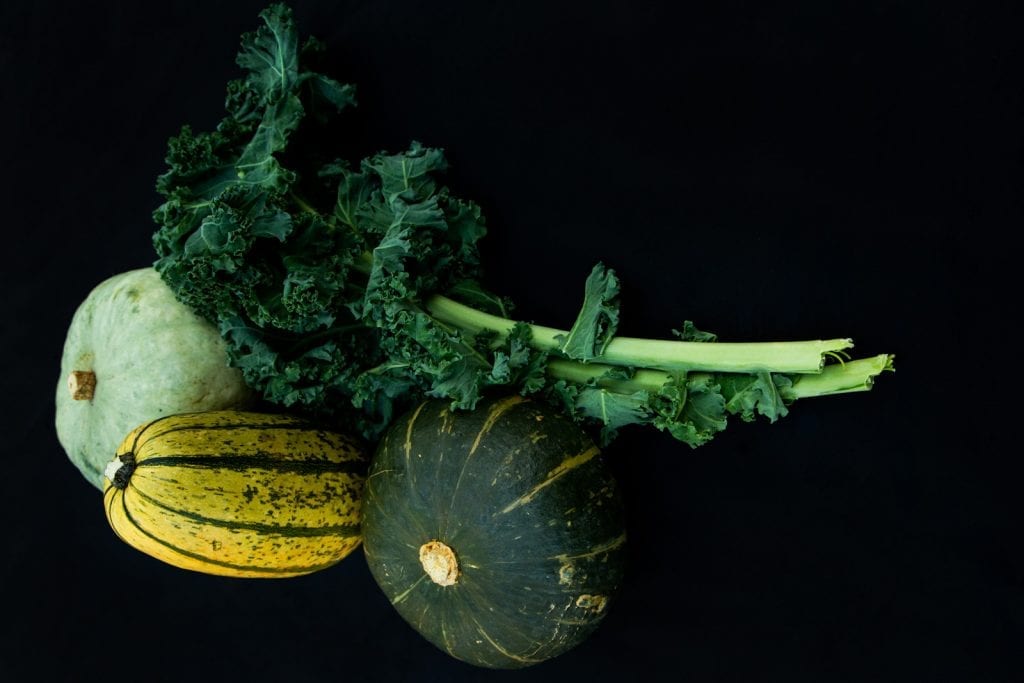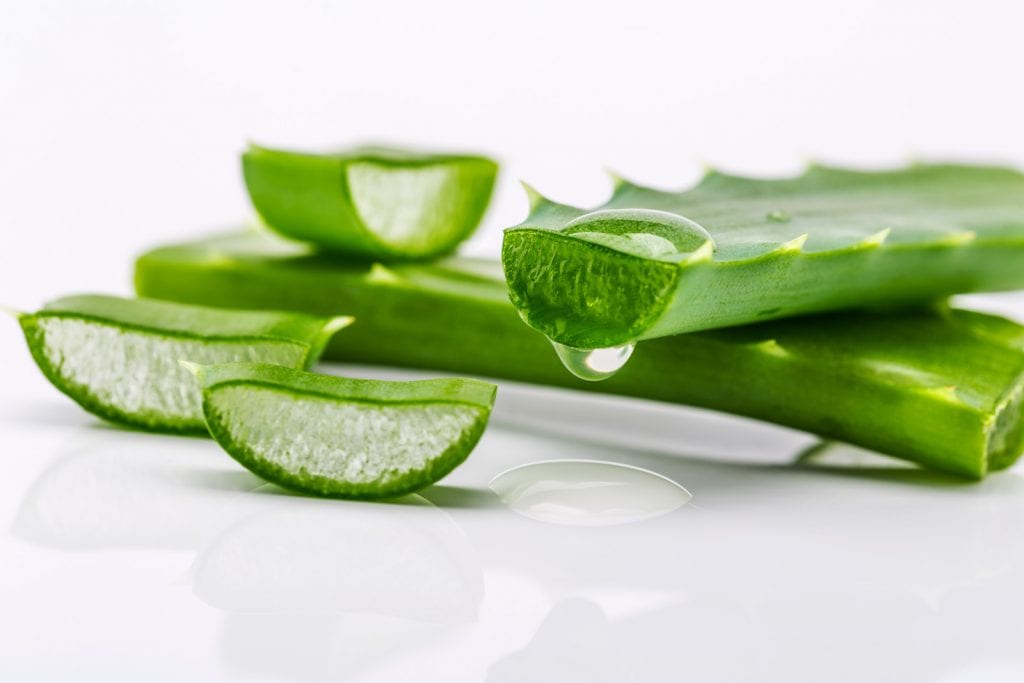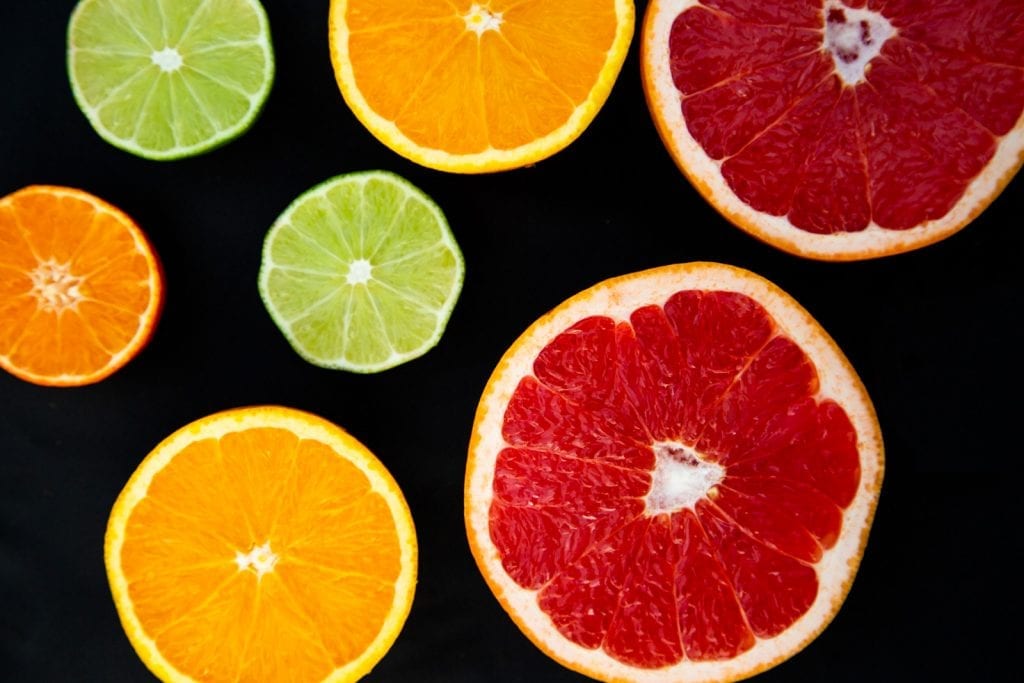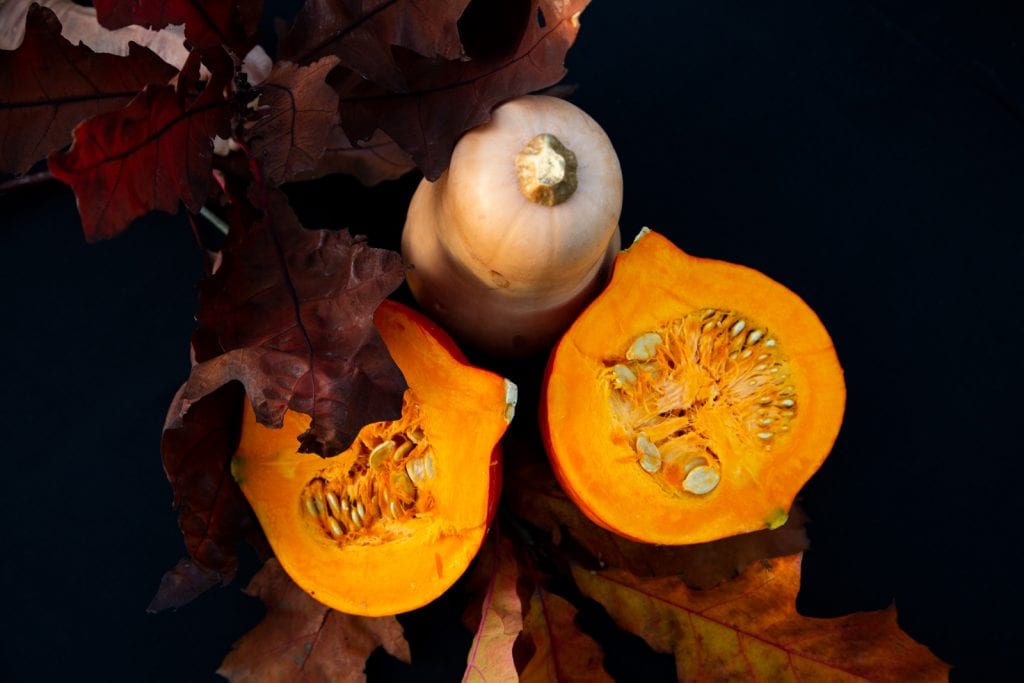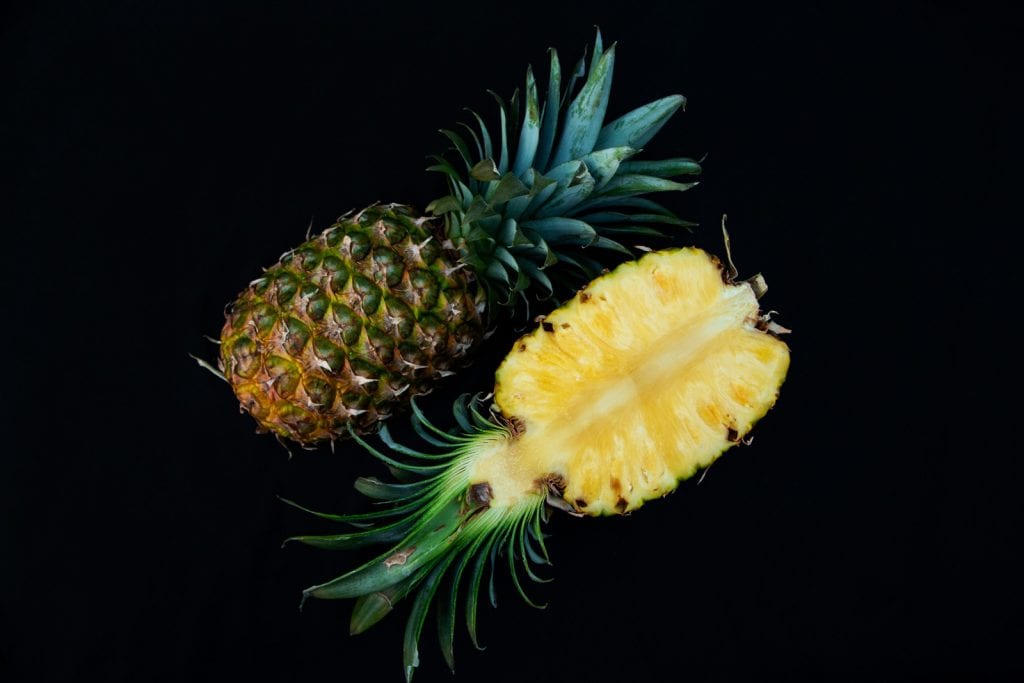“HEALTH IS A STATE OF BODY – WELLNESS IS A STATE OF BEING” J. STANFORD
There are many factors that contribute to our sense of nourishment and fulfillment. From birth and as we age our unique needs, lifestyle, preferences, and ancestral background play an important role as to who we are and how we feel. Food plays a major role in our health, however, healthy relationships, a fulfilling career, regular physical activity, and a spiritual awareness are also essential forms of nourishment. Maintaining a balanced lifestyle between nutrition and wellness assures long-lasting optimal health.
How you look is how you feel…….
Gut health
People today are sidetracked and ignore what is happening in their life. Prioritizing the day is difficult and overwhelming. Stress, processed food and busy lifestyles are distracting us from taking care of our body, mind and spirit. Resulting in lack of energy, premature aging, hormone disharmony, weight gain, obesity, negative thoughts and overall not being satisfied with who we are.
Modern life impacts our health on a daily basis. However, the importance lays in making the right decision in choosing nutritious, good quality and quantity of food that nourishes our cells, tissue, organs and systems for optimal well-being. In addition to healthy food choices, emotional behavior plays an important role in how our bodies digest and process food.
HOW IS YOUR GUT FEELING? WHAT IS THE GUT?
It is like an orchestration to many organs, hormones and neurons playing together to be able to digest and absorb nutrients.
WHAT IS DIGESTION?
It is the process of absorption and secretion of fluids and nutrients so that your body is able to grow and survive.
WHAT IS METABOLISM?
It is the combination of all chemical reactions in the body from digestion to the use and storage of energy in individual cells.
The GUT is in touch with the outside world (food, emotions, noise, smell, toxins, chemicals, etc..) and behaves as the gatekeeper. It is the largest sensory organ and is constantly in communication. It determines what stays in the body or what should be disposed of.
From ancient wisdom we know that the Gut receives impressions and communicates with the brain. “Go with your gut feeling” “ I feel butterflies in my stomach” – “I have a knot in my stomach” are examples that express this without us actually realizing the source.
The Gut is the second brain – it has more neurons than the spinal cord and it operates independently from the brain. It plays an important role in immunity, hormone regulation, blood sugar, eliminates toxins, serve as an internal pharmacy creating natural antibodies and brain health.
In summary, the Gut has a larger function than just digestion. It is the core and foundation of our health.
A large part of gut health depends on having a healthy gut immune system. We know 80% of the immune system resides in the gut and is essential for optimal health.
Your gut is like your garden. It is an ecosystem where diversity, richness and resiliency of bacteria are needed to have a healthy and balanced microbiome.
Diversity variety and quality of species to complement each other’s tasks. Bacteria diversity is the KEY to gut health. Imagine, having a team each with a specific discipline to accomplish the project to make it successful. Taking probiotics like fermented foods and a varied diet is essential…
Richness represents quantity, how many bacteria genes you have and the ability of those species to colonize or make a home in the gut. Exposing your self to fermented food and soluble fiber (food for your bacteria) are great foods to bacteria richness.
Resiliency The ability of a microbial community to return to equilibrium after trauma.
“ALL DISEASE BEGINS IN THE GUT” HIPPOCRATES
I help and support you to strengthen and balance your microbiome by assessing your current diet and or lifestyle choices. Incremental changes and adjusting behavior are pillars for a sustainable diet.
As you care for your garden you need to care for our gut microbiome ecosystem. Eating the right food is important for the diversity of the gut.
Did you know you need to feed those bugs in your gut?
Those little tiny microbes are essential for growth and survival. They are working hard to produce byproducts like vitamins, fatty acids, hormones and neurotransmitters. Having a balanced diet with healthy carbohydrates, fats, protein and glyconutrients are the foundation for gut health.
TIPS TO MAINTAIN A HEALTHY MICROBIOME AND HAPPY GUT:
- Eat soluble fiber. It is the corner stone of a healthy microbiome and is the food for your bacteria. – onions, garlic, leeks, jicama, asparagus, Jerusalem artichoke.
- Eat whole grains and unprocessed. Avoiding gluten..
- Consume fermented foods – sauerkraut, kombucha, kefir.
- Include healthy fats – include unsaturated plant-based fats like coconut/olive oil
- avocado and walnut oil and ghee (clarified butter)
- Farm to the table will increase your microbe intake, so shop at farmers which are close to the source.
